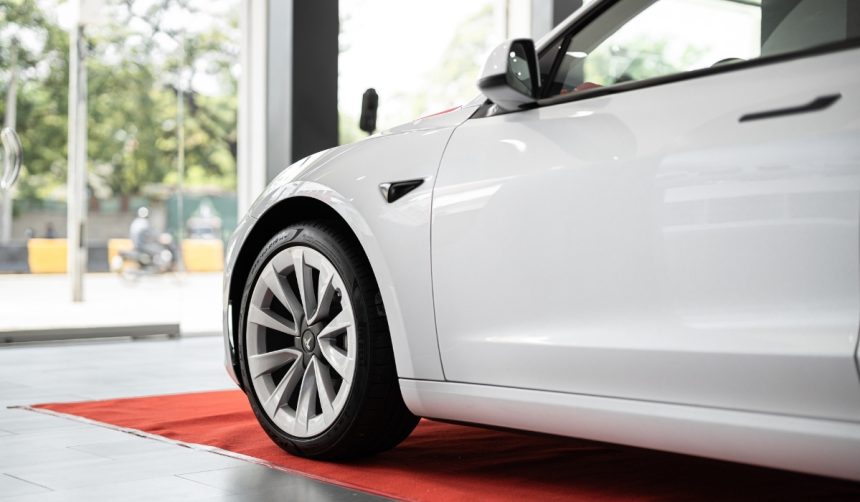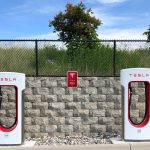Automated driving technologies face increasing scrutiny as they expand into new markets. Tesla’s Full Self Driving (FSD) system, which has been deployed and accepted in China and is under regulatory review elsewhere, encountered significant resistance in Sweden. While Tesla’s global reach continues to grow, each region’s unique regulatory climate and societal perspectives create distinct challenges, highlighting that vehicle automation is as much about local policy as it is about technology. Ongoing labor disputes in Sweden, combined with regulatory hesitance, further illustrate the complex landscape that automobile manufacturers must navigate. The effectiveness and public acceptance of vehicle automation depend not only on the technology itself, but also on community and governmental decisions shaping its path.
Sweden has previously witnessed discussions about automated vehicle trials, but those deliberations typically emphasized limited tests under controlled conditions. In other European jurisdictions, such as Germany and the United Kingdom, regulatory bodies have sometimes allowed highly constrained autonomous vehicle pilots, often coordinated with public transit operators or university research partners. Unlike China, where the Tesla FSD system has received a warmer reception and has advanced to pilot programs, Nordic authorities have remained cautious regarding the integration of advanced automation features into public traffic. In contrast to earlier reports suggesting possible incremental acceptance, Swedish regulators have now formally notified Tesla that citywide FSD tests will not receive approval at this stage.
Why Did Stockholm Reject Tesla’s FSD Test?
Officials in Stockholm cited a need to update automation strategies and ongoing pressure from existing innovation trials as key factors in their decision. The city emphasized the unprecedented nature of Tesla’s proposal, suggesting that the wide scope of the testing, potential risks to infrastructure, and safety concerns for third parties outweigh the benefits at this time.
“The Traffic Office is currently working on updating its approach to automation. At the same time, the city and the office are under heavy pressure from other ongoing innovation tests,”
the official document stated. These reasons contributed to Stockholm’s position that approving FSD trials across the city is not currently feasible.
How Do Labor Disputes Impact Tesla’s Swedish Operations?
Tesla’s endeavors in Sweden are not only challenged by regulatory uncertainty but are also threatened by active labor disputes. Since late 2023, several Swedish unions have coordinated actions designed to hinder Tesla’s business activities, which have affected initiatives such as the expansion of the Supercharger network. Efforts to disrupt operations range from strikes to coordinated actions by transport and postal workers, seeking new or renewed collective bargaining arrangements with the automaker. Despite these pressures, Tesla has not acceded to union demands, leading to ongoing confrontations between the company and Swedish labor groups.
Are Sales and Public Interest Affected by These Obstacles?
Despite regulatory and labor difficulties, consumer demand for Tesla vehicles remains robust in Sweden. The Tesla Model Y, in particular, achieved the distinction of becoming the country’s top-selling electric vehicle in early May. Strong sales numbers suggest that the appetite for Tesla’s products is not immediately deterred by institutional resistance, emphasizing the difference between regulatory hurdles and customer enthusiasm.
Broader context reveals that resistance to new driving technologies, such as Tesla FSD, often stems from cautious government policy, safety concerns, and evolving legal frameworks. While China’s regulatory environment on autonomous driving has been more accommodating, Sweden’s response underscores how automated vehicle testing faces variable reception depending on local priorities. For Tesla and similar companies, adapting to each market’s unique combination of policy, labor, and public sentiment proves essential when introducing autonomous systems. Potential risks posed by citywide testing—particularly in dense European capitals—prompt authorities to scrutinize the introduction of advanced driving technologies more than countries where public roads are less congested or local governments are more eager to attract tech pilots.
When evaluating Tesla’s efforts in Sweden, it becomes evident that technological advancement alone cannot guarantee successful implementation of Full Self Driving or similar systems. Market success, as seen with rising Model Y sales, reveals consumer willingness to engage with new vehicle technologies, even as public and official skepticism remains. Readers should note that the path to automated driving on public roads involves not just technical milestones, but also a coordinated approach with labor, legal, and community stakeholders. Familiarity with the unique challenges and procedures in each country will prove valuable for those tracking the rollout of autonomous vehicle technologies globally, as local resistance or acceptance can significantly alter both timeline and perception of these systems.
- Tesla’s FSD road tests were denied approval by Stockholm city authorities.
- Labor disputes continue to affect Tesla’s operations and network expansion in Sweden.
- Despite setbacks, the Model Y remains a top-selling electric vehicle in Sweden.










